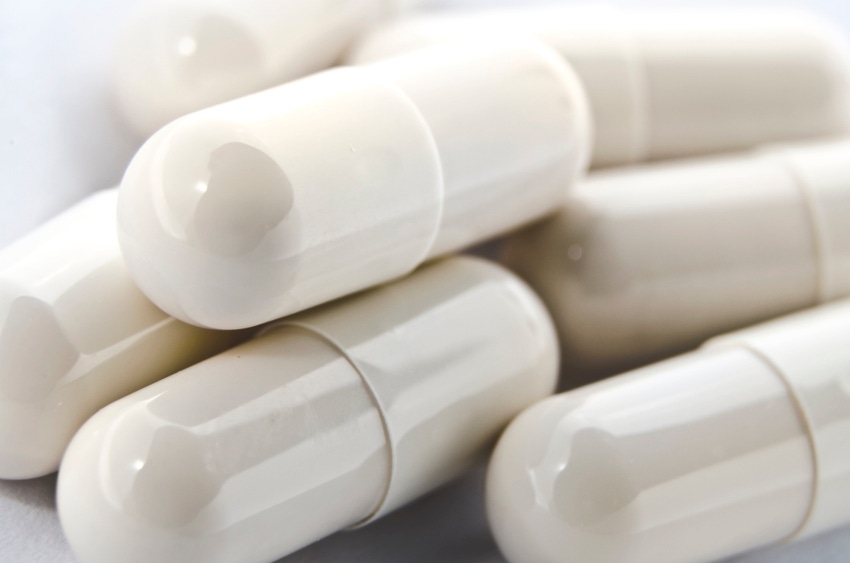December 31, 2014

Our secret shopper asked an employee at a natural foods co-op in the South:
NFM: I have been reading about prebiotics for digestion and am wondering if I should take a prebiotic supplement. What can you tell me about them?
Store: We have plenty of probiotics but nothing that’s labeled specifically as a prebiotic. Can you tell me a bit more about what you’re looking for?
NFM: Well, I’m kind of confused about them as well. But I think they’re basically just fibers that support your good gut bacteria.
Store: Oh, I see. Well, over here we have a bunch of fiber supplements that are very popular. People take them to stay regular. I’m not sure whether any of these are considered prebiotics, but this sounds like what you’re thinking of. If you want more specific information, my manager will be in later today and can probably be more helpful.
How did this retailer do?
Our expert educator: Amy Burkhart, MD, an integrative physician and registered dietitian in Napa, California
The retailer’s responses are not surprising. This topic is confusing, and the terms prebiotic and probiotic are very similar. Prebiotics are natural, non-absorbable dietary fibers found in foods. When ingested, prebiotics serve as “food” for the good bacteria in the intestinal tract, allowing them to flourish. Common prebiotics are inulin, fructooligosaccharides and galactooligosaccharides. These can be found in supplement form, but it’s always better to select dietary sources such as chicory root, dandelion greens, leeks, raw garlic, onions, asparagus and bananas. Probiotics, on the other hand, are live bacterial cultures used to repopulate beneficial gut bacteria. The ideal situation is to have prebiotics and probiotics together, such as in yogurt and bananas, to provide optimal digestive benefits.
When unsure about a topic, it’s best to be forthright and admit your uncertainty—just like this retailer did. Because in this case, not all fibers are prebiotics, and certain fibers and prebiotics may even be problematic for people with particular digestive ailments. If a shopper is considering starting on a prebiotic and has digestive symptoms, you might want to suggest he or she consult with a registered dietitian or health care provider before doing so.
About the Author(s)
You May Also Like
.png?width=700&auto=webp&quality=80&disable=upscale)




